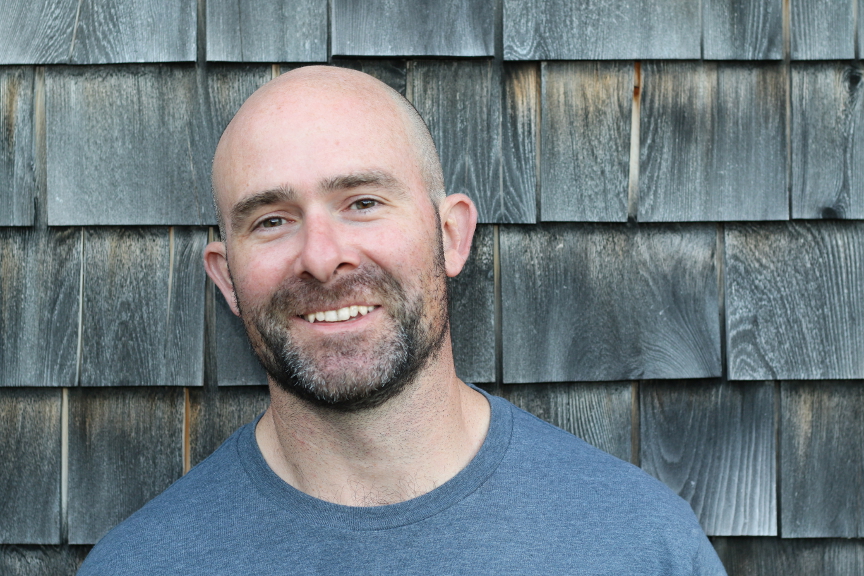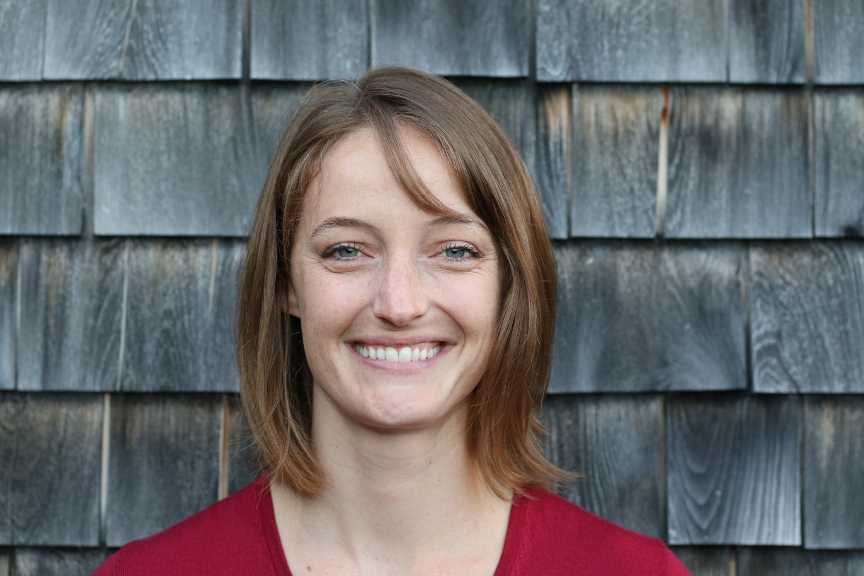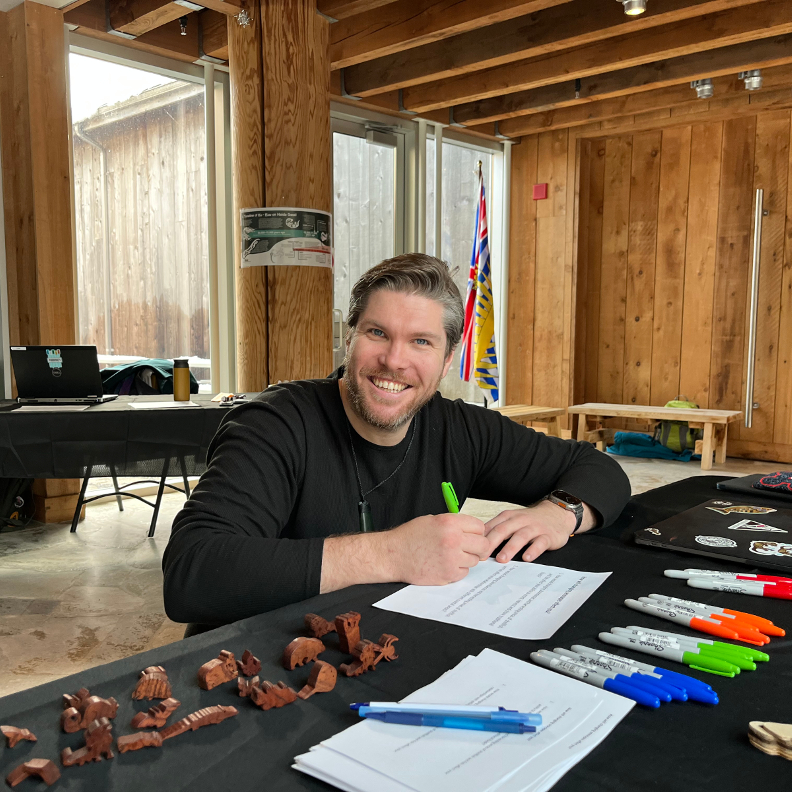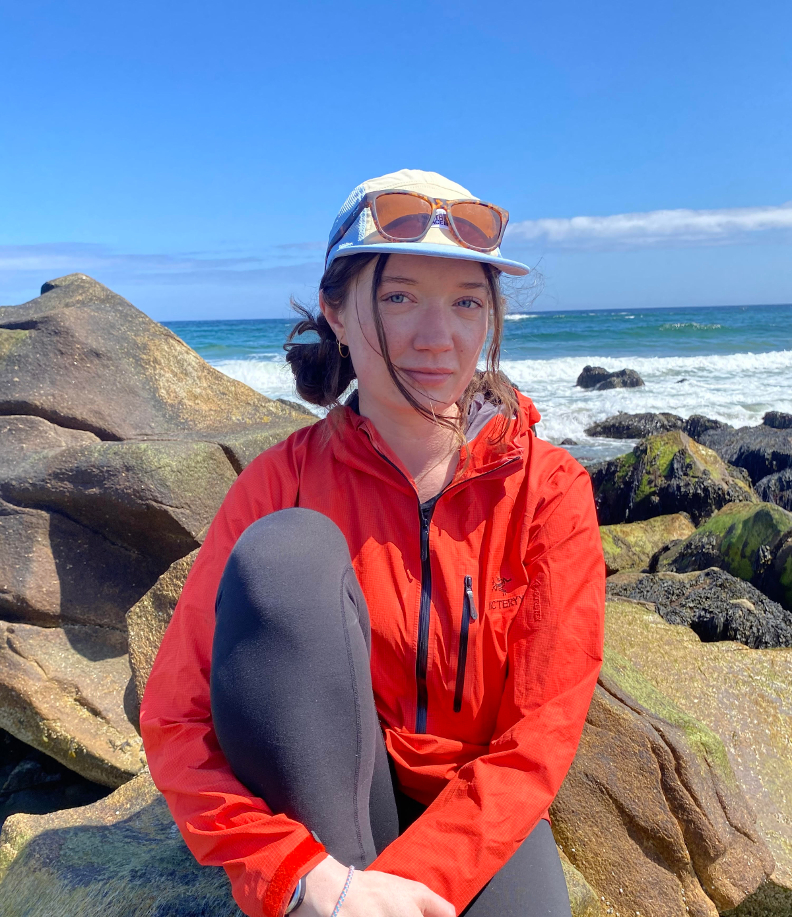Aaron MacNeil

Professor and Tier II Canada Research Chair in Fisheries Ecology
Originally from Wolfville, NS Canada, Aaron is a marine ecologist working to solve small-scale fisheries problems in the context of climate change, using statistics to integrate across disciplines and understand how the world works. He has worked extensively on projects in coral reef ecosystems throughout the Indo-Pacific and is applying these approaches to a wide range of stakeholder-relevant projects in Nova Scotia and beyond. Aaron’s research areas include environmental disturbance, human impacts, fisheries livelihoods, seafood trade, and conservation decision making. He has been honoured as a Member of the New College of the Royal Society of Canada, a Fisheries Society of the British Isles Medal for his contributions to fisheries science, a Eureka Prize for interdisciplinary research, and currently heads the Integrated Fisheries lab at Dalhousie University.
For more on his background, listen to his Sciographies interview here.
For more on his work quantifying global Shark & Ray trade, view his LBS interview here.
Tracy MacKeracher

Phd Candidate
Raised in Calgary, AB Canada, Tracy’s interest in the marine environment was ignited when she learned to scuba dive as a teenager. She pursued this interest during her BSc (Honours) at the University of Victoria, during which time she completed field courses and research at the Bamfield Marine Sciences Centre. In 2015, while working for a non-profit organisation in the Philippines, Tracy’s focus shifted to the human dimensions of marine conservation. She then went on to complete her MSc at James Cook University in Australia, where she gained training and research experience in the social sciences through coursework and employment. With an interdisciplinary background in marine biology and social sciences, Tracy is committed to a career working with people to better understand, conserve and manage fisheries for mutual benefit. As a member of the Integrated Fisheries Lab at Dalhousie, Tracy’s PhD research aims to understand and quantify the socio-cultural, ecological and economic processes underpinning the sustainability of Nova Scotia’s lobster fisheries.
Zoya Tyabji

PhD Candidate
Having spent her summers in a coastal city of India, Zoya was fascinated by the marine ecosystem since an early age. She pursued a B.Sc. in Zoology and Biochemistry, and an M.Sc. in Biodiversity in India. Soon after her masters, she worked as a marine educator, and was part of a team studying coral reef resilience in a local NGO in the Andaman Islands of India. Following which she conducted an independent study on the fisheries and trade of sharks and rays in India. Her research interests include understanding the various and complex interactions between humans and marine systems through an interdisciplinary lens. At the Integrated Fisheries Lab in Dalhousie University, Zoya is part of the Global Shark Meat Trade project, aiming to investigate the shark and ray meat trade of India.
Arun Oakley-Cogan
Phd Candidate

After years immersed in the fast-paced world of corporate IT infrastructure, he found himself drawn back to the shores of his childhood—Sydney’s sunlit beaches and the vibrant coral reefs he’d explored across the globe. Inspired by these memories and a growing passion for ocean conservation, Arun traded boardrooms for research labs, earning his B.Sc. in Marine Biology with First Class Honours at James Cook University.
But Arun’s story doesn’t stop there. Driven by a unique vision to bridge technology and marine ecology. That vision led him to the Integrated Fisheries Lab at Dalhousie University, where he is now pursuing his PhD. Arun’s research focuses on developing a framework to estimate the recovery potential of Canada’s endangered marine species—blending his technical expertise with a deep commitment to protecting our oceans for future generations.
Dylan Seidler

PhD Student
Dylan Seidler has long had a passion for marine conservation. As a history-environmental studies major at Whitman College, much of Dylan’s honors thesis, Cultural Staples in Crisis: A Historical Analysis of Southern Resident Orcas and Chinook Salmon, emphasized the value of examining Indigenous history and cultural attitudes alongside colonial perspectives to develop successful collaborative partnerships to aid in the recovery of endangered southern resident orcas and Chinook salmon. While a Master of Marine Management candidate at Dalhousie University she worked as an intern for the Sustainable Nunatsiavut Futures Project.This project is a collaborative initiative focused on addressing the impacts of climate change on local communities by partnering with community members to share knowledge about effective ways to monitor, and manage, Arctic marine ecosystems. Dylan’s masters project, Marine Based Research in a Changing Climate: Lessons and Methods for Community Engagement in Nunatsiavut focused on gathering perspectives on community engagement process to explore how research conducted in the region can best support Inuit community goals. As a PhD student in the Dalhousie’s Biology department, Dylan is continuing her work with the Sustainable Nunatsiavut Futures Project. Her current research focuses on partnering with the Torngat Wildlife, Plants and Fish Secretariat and Torngat Fish Producers Co-Operative to combine different types of data and information sources on Arctic char numbers in Nunatsiavut. In addition, Dylan will be working to develop a model based on sonar data to predict future abundance of Arctic char in the region. The goal is to develop a holistic picture of population trends to support Inuit management of the char fishery and food security. Broadly, Dylan’s research interests include endangered species survival protection, marine mammal and salmonid conservation, mitigating climate change/environmental impacts and relationships with Indigenous communities and small-scale fisheries.
Sophie Tattrie

PhD Candidate
Originally from Halifax NS, Sophie was highly influenced by coastal living spending much of her formative years on and around Nova Scotia’s north shore facing the Northumberland Strait. She pursued a BSc (Honours) in Marine Biology at Dalhousie University where she was introduced to and became interested in quantitative methods as a powerful tool for prediction and inference in the Biological Sciences. Following this interest through her Honours and beyond, she joins the Integrated Fisheries Lab at Dalhousie where she is investigating trends in global Elasmobranch fisheries, distributions, and bioenergetics through a diverse range of methods.
Honours students
Metyn Rehman: metyn.rehman@dal.ca
Alumni
Natalie Klinard – Research Group Leader, Leibniz Institute of Freshwater Ecology and Inland Fisheries: https://www.igb-berlin.de/en.
Chris Mull – Postdoctoral Researcher, University of Washington
Ana Martins – Research Scientist, South Australia Research and Development Institute: https://pir.sa.gov.au/research
Matt McLean – Ass. Professor, University of North Carolina Wilmington: https://www.mclean-lab-uncw.com/
Suchinta Arif – Associate Professor, University of New Brunswick (SJ)
Reid Steele – PhD Student, Dalhousie University
Emma Touchie – Master’s of Marine Management Student, Dalhousie University
Aaron Judah – MSc Student, University of Hawaii
Florian Schonwetter
Delaney Hicks – MSc Student, University of British Columbia
Tor Kitching – DFO Nanaimo
Scarlett Taylor
